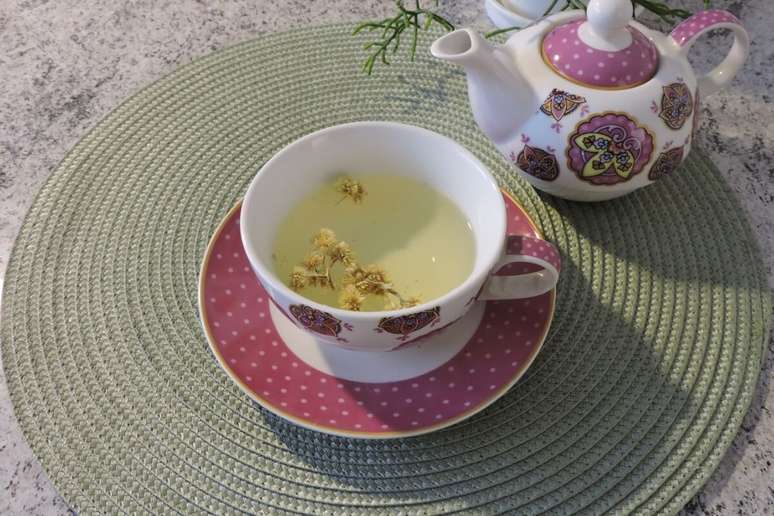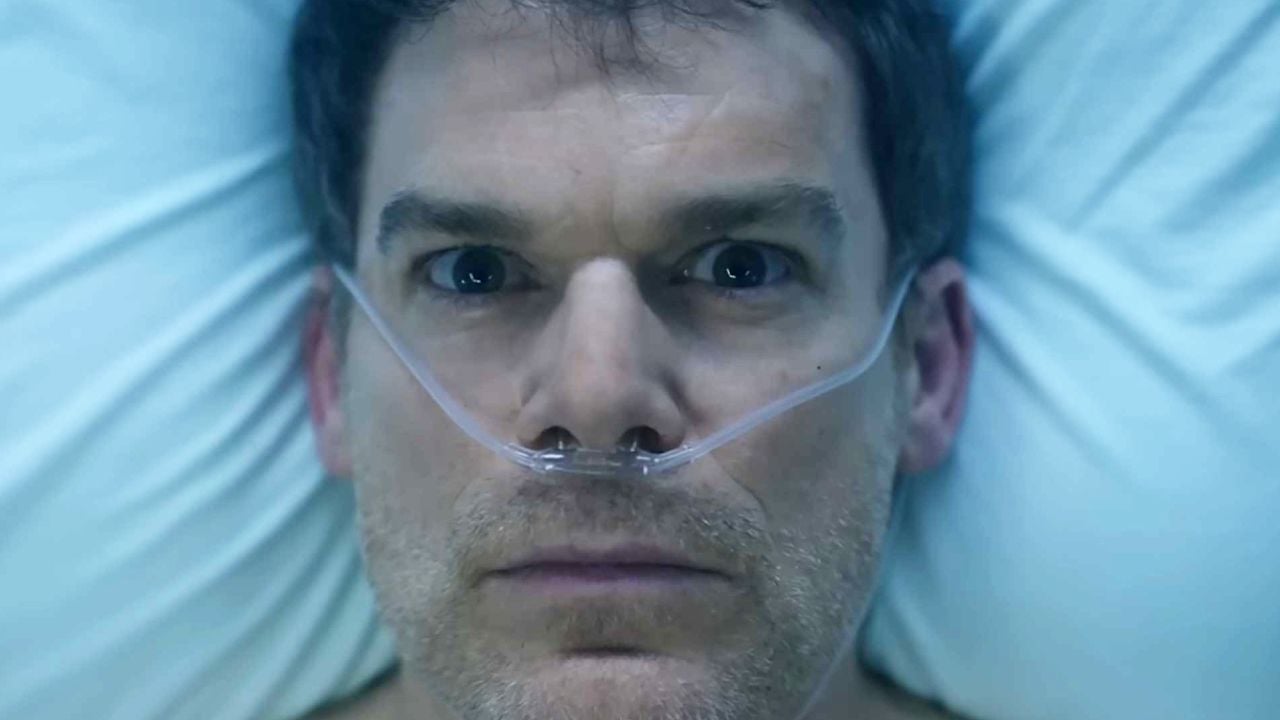The plastic surgeon analyzes how social networks have imposed an unrealistic standard of beauty, directly influencing mental health
The social network has completely changed the way we interact. And not only with others, but also with yourself. Excessive use of social media can lead to extreme feelings of comparison, just as filters can encourage an unrealistic idea of perfection. This standard of what it means to be perfect often leads to plastic surgery, which has a profound impact on mental health.
With the growth of social media, what is normal, or what we think is normal, ends up being what we see most often. And, today, what we see most frequently is a massive presence of retouched skin, enlarged eyes, toned belly, that eternal youth, underlines Dr. Josué Montedonio, plastic surgeon and full member of the Brazilian Society of Plastic Surgery (SBCP) . .
These patterns begin to become “normal” and, consequently, the perception of one’s body begins to change. In real life we all have flaws, insecurities, ups and downs, doubts, recalls the surgeon. And since there are no filters outside of social media, the most commonly chosen alternative is to resort to cosmetic procedures, invasive or otherwise.
Impact on mental health
According to the doctor, you need to be careful about excesses. “Everyone tries to be beautiful and this is beneficial, but aesthetics has both extremes. It allows imperfections to be corrected, causing the person to have better self-esteem, but when there is a distortion or exaggeration, it becomes harmful , causing psychological discomfort, “warns the specialist.
Josué explains that the problem begins when the search becomes pathological. “This incessant search, which brings no benefits, turns into an obsession, a compulsion. The obsession with perfection, in the vast majority of cases, causes frustration, which can trigger body dysmorphic disorder, in which the person does not see herself as she is, glorifying imperceptible imperfections and leading to self-mutilation,” she warns.
According to him, this unattainable ideal can lead to eating, psychological and social disorders, which can lead to depression. All because they try to reach a standard that doesn’t exist.
Should you undergo plastic surgery or not?
“As a plastic surgeon, I often treat people with the expectation of achieving an unrealistic result inspired by a celebrity or influencer. And that is impossible…Plastic surgery is not about meeting unrealistic expectations,” he emphasizes.
First of all because each person has unique characteristics, explains the surgeon, such as skin type, lifestyle habits, weight, height and genetics. Furthermore, no one is perfect. Secondly, “copying” something from someone is also very complicated, Dr. Josué points out.
“Indeed, plastic surgery aims to correct imperfections and is not intended to make someone the same or better than anyone else, but to ‘awaken’ our best version. It is not a competition,” he says.
Role of the professional
According to the plastic surgeon, a good surgeon is not limited to the procedure. This is because it is essential to understand each patient’s expectations, their motivations and what is happening at the moment. “It is essential to be sure of the benefit that the intervention or procedure brings. Furthermore, it is essential to be clear that beauty has no standard,” he emphasizes.
According to the professional, these are difficult times to develop self-esteem with all this distortion of the ideal of beauty. “As a doctor, I believe we have a responsibility and commitment to show what is real, its risks and its benefits,” she emphasizes.
It is essential for the specialist to inform very clearly about all the risks associated with any type of intervention, explaining the complications that may occur. Furthermore, attention and care for patients undergoing any procedure must be constant throughout all phases of the process. This happens especially after surgery, where patients are most vulnerable.
Rethink the need for aesthetic changes
Doctor Josué Montedonio recalls that the Brazilian population comes from a mixture of peoples; indigenous, African and European. Therefore, national beauty is different. “With this mix of races it is difficult to establish a single standard of beauty. In a country whose image is ‘natural beauty’, the appreciation of surgical techniques ends up being a paradox, even more so with all this trivialization imposed by the media ” he warns.
For the plastic surgeon, the aesthetic result can take second place. Also, often, when treating dysmorphic disorders, eating disorders, depression and many other similar problems, the desire to undergo surgery may disappear. “The truth is that no body is wrong and bodies were designed to be different,” he points out.
Source: Terra
Ben Stock is a lifestyle journalist and author at Gossipify. He writes about topics such as health, wellness, travel, food and home decor. He provides practical advice and inspiration to improve well-being, keeps readers up to date with latest lifestyle news and trends, known for his engaging writing style, in-depth analysis and unique perspectives.








